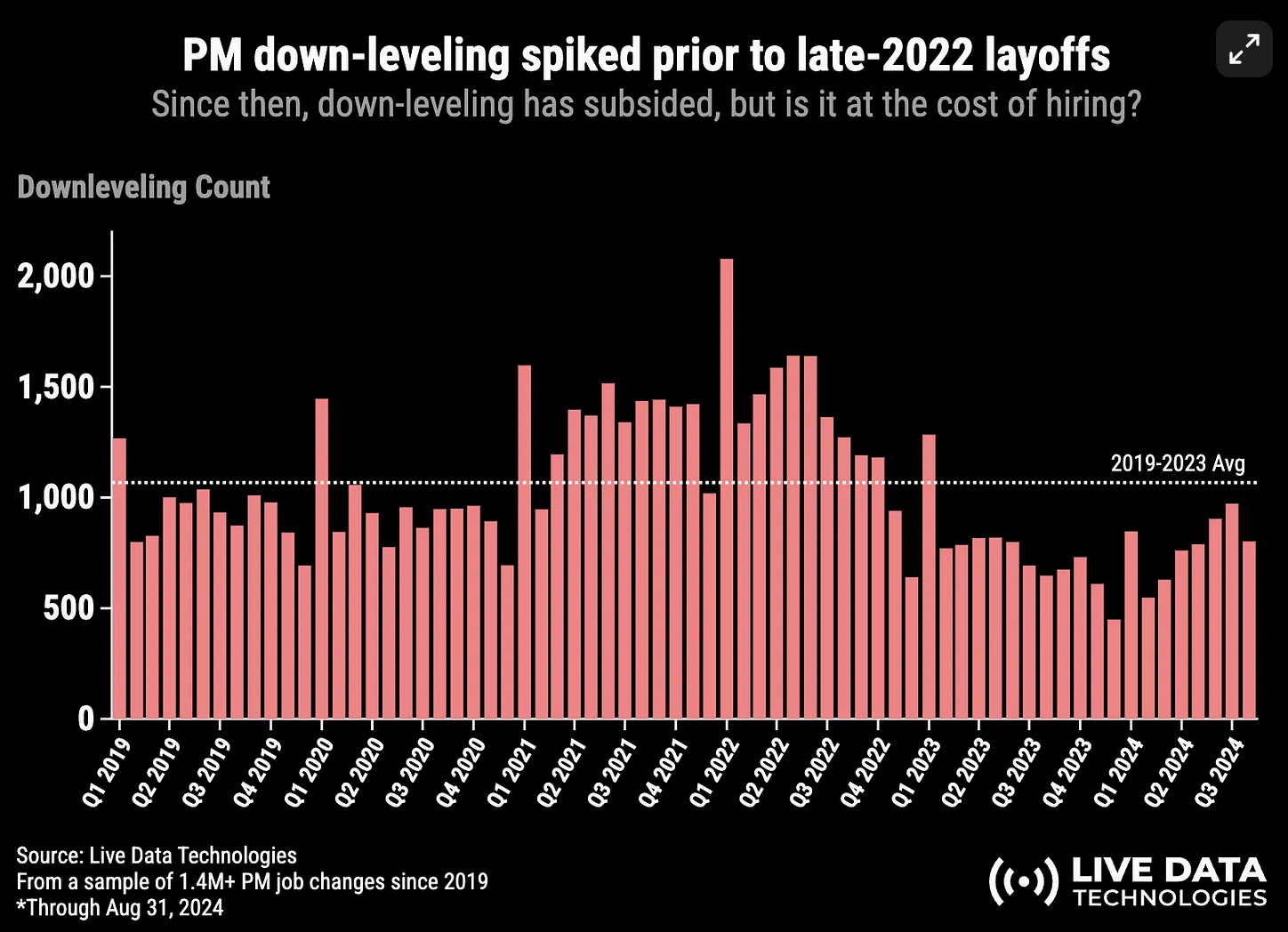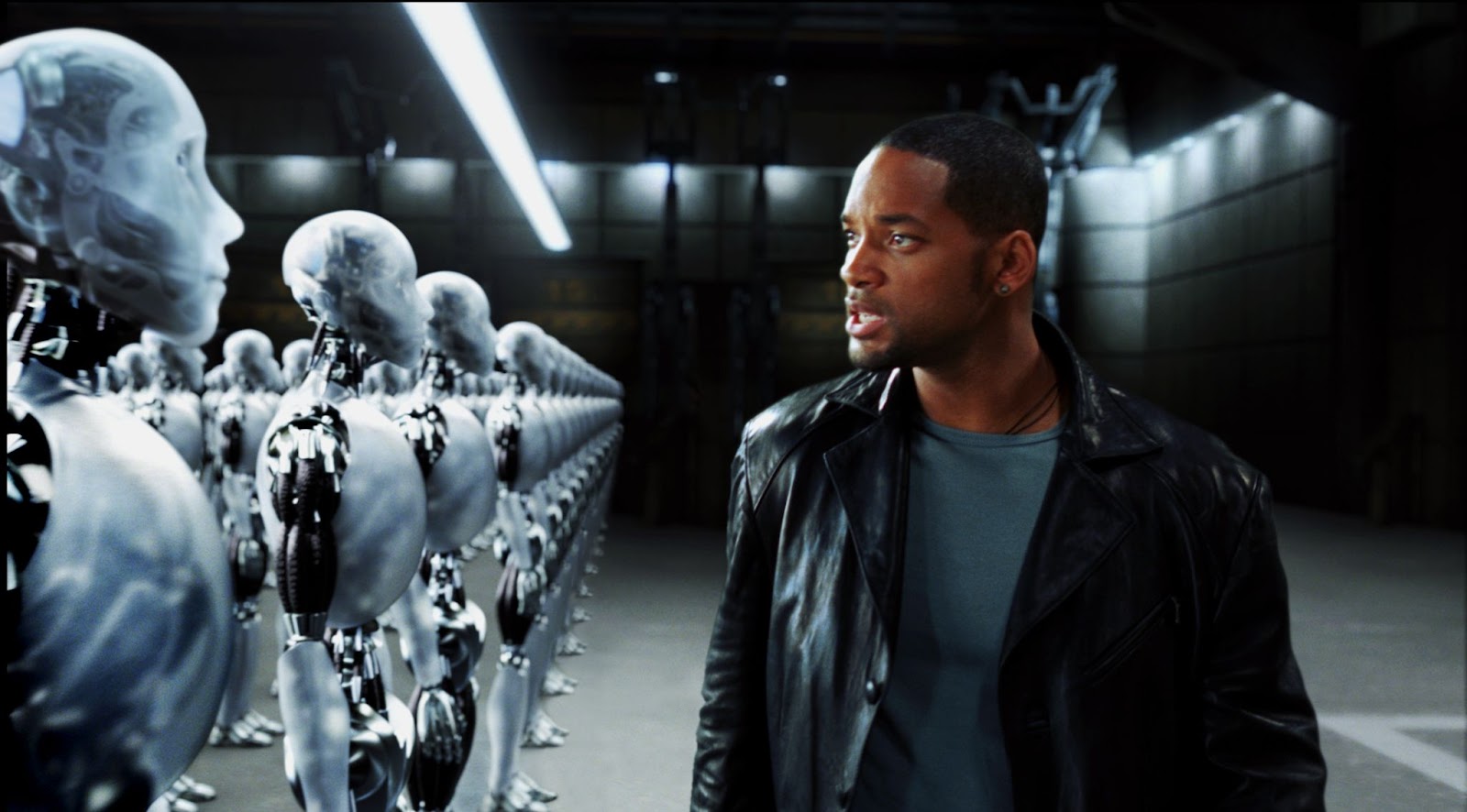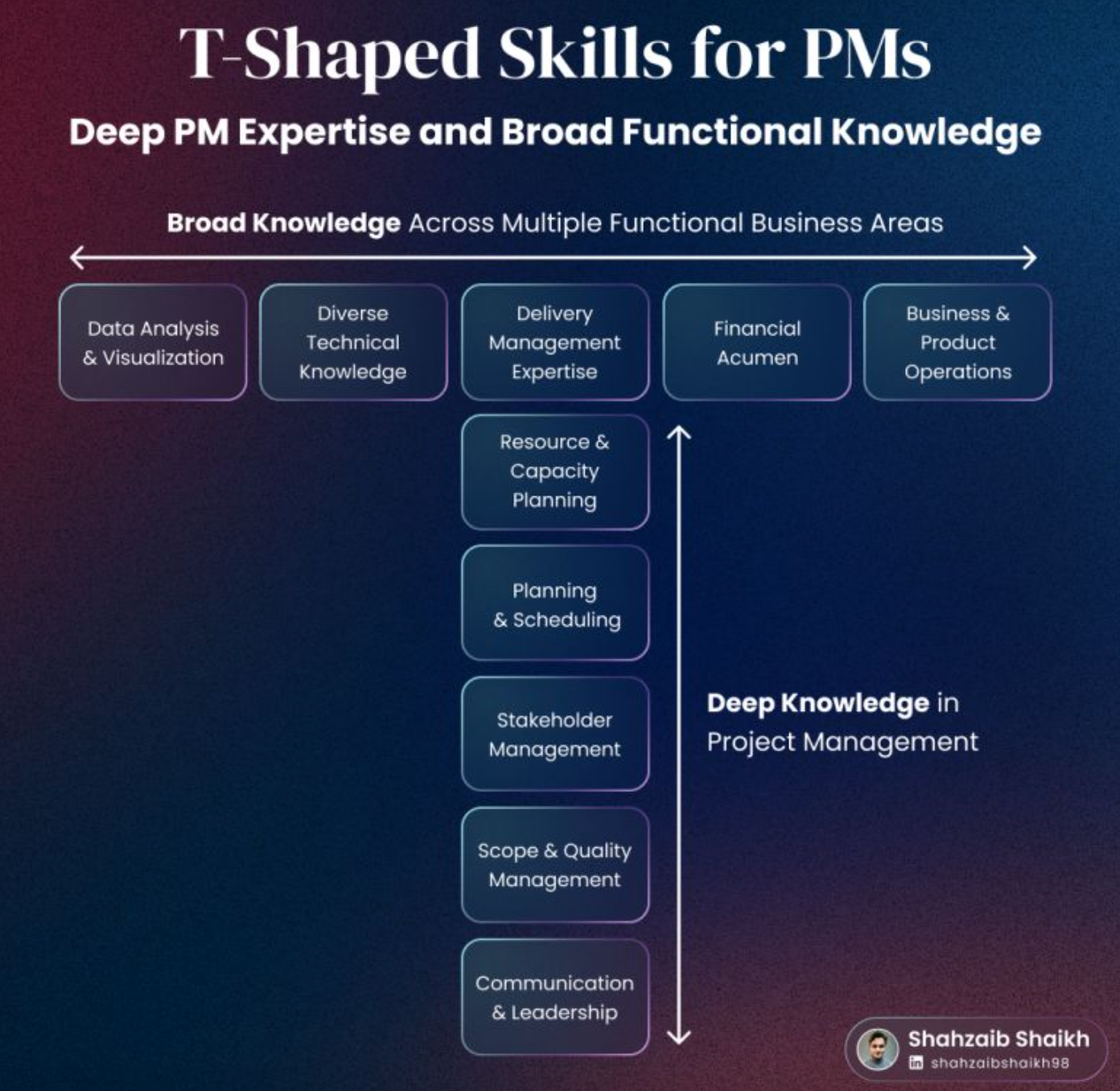and the distribution of digital products.
Is AI Making Product Managers Obsolete?
I analyzed over three hours of podcasts and tens, maybe 100’s of blogs from product practitioners sharing their best guesses about what 2025 holds for product managers. The hottest predictions revolve around the AI revolution in product management, but there’s plenty of disagreement on how it’ll change the PM landscape. Let’s dive in!
Will the Product Manager Role Rise to Prominence or Fall into Obscurity? Economic Factors at PlayEconomic trends have always shaped PM opportunities and hiring. With President Trump back in the White House, opinions are split. On one hand, Trump’s tariffs and immigration policies could reignite inflation. On the other hand, his push for interest rate cuts and lower oil prices might counteract inflationary pressures. It’s a tough call to predict where the economy will land.
\ Until recently, the fortunes of the U.S. economy and the product management industry have been closely linked. However, since Q4 2022 when AI entered mainstream conversation, that correlation has weakened significantly. PM jobs got cut even steeper than during the Covid era. The question is no longer whether AI will disrupt product management; it already has. The real question is:
How Will AI Revolutionize the Product Manager Role in 2025Here’s what experts predict:
1. AI and Incoming Request ManagementSome experts believe that AI will revolutionize how PMs manage and prioritize requests but opinions are divided on this. While AI does a good job analyzing insights from customer discovery and product backlogs, you can’t ignore the weight of HIPPO’s (Highest Paid Person’s Opinion) in driving the direction of product evolution.
\ My take: I believe incoming request management will remain a responsibility of PM’s. Accountability, empathy, and human judgment in contextualizing situations make AI less suitable for this task. Humans are better equipped to manage decisions that require general intelligence, intuition (especially when data is scarce or ambiguous), the ability to anticipate 2nd and 3rd -order consequences, and predict the responses of other players within the ecosystem.
2. Rise of Fractional Product Managers\
\ Fractional (part-time) PM roles are becoming a permanent fixture in tech. Some experienced PMs compare fractional CPOs to gig-economy specialists like surgeons working across hospitals. CEOs may use fractional roles to test leadership candidates before committing to full-time hires.My take: This makes sense. Fractional CFOs have been popular for years. As AI takes over low-level PM tasks, budgets could shift toward hiring highly experienced CPOs for strategic guidance.
3. Personalized WorkflowsAI-powered tools like Miro and Notion are already integrating features that allow users to customize workflows. A PM (now turned CEO) predicts that AI will enable PMs to tailor their workflows to fit their unique styles, moving beyond the rigidity of traditional tools.
4. T-Shaped PMs Over "Jack of All Trades"\
\ PMs will be asked to do more with less. While broad knowledge will be valuable, specialized domain expertise could make someone irreplaceable. As AI gets better at handling average tasks, having depth in a specific area becomes critical. Time to retire the old saying: "Jack of all trades, master of none, though oftentimes better than master of one."
5. Age of AI Agents\ Will AI agents replace or enhance product managers?
\ Opinions lean heavily toward enhancement not replacement. Many experts argue that while AI can automate tactical tasks, it cannot replicate the human empathy, creativity, and strategic thinking needed to understand customers and stakeholders.
\ My take: AI won’t replace PMs, but it will affect demand for us. Recent developments like OpenAI’s “Operator” (a ChatGPT agent for browser tasks), Deepseek, and Google DeepMind’s Project Mariner (powered by Gemini 2.0) show how fast AI is advancing. The question remains: will “cold hard analysis” outperform human creativity in making decisions that impact the bottom line? A key consideration is that while AI can learn and be fine-tuned after making mistakes, it cannot be held accountable. Product managers make decisions with significant long-term consequences for a company's future, and without a responsible human decision-maker, assigning liability becomes problematic.
The Impact of AI on Specific PM Tasks Data Utilization and Bias ReductionAI will transform how PMs process data, providing real-time insights and reducing bias in decision-making. While traditional PM tools require manual effort to analyze outdated data, AI eliminates these delays with instant trend analysis.
Aligning Customer Needs with Business GoalsExperts predict that PMs will focus more on aligning customer needs with KPIs like acquisition, retention, and ARPU.
So What?These predictions paint an uncertain picture for the PM role, but they signal even better times for highly experienced PMs, CPOs, and those with deep domain knowledge. These individuals have little reason to feel threatened by AI. Ultimately, the evolution of the PM role in 2025 will depend on a mix of economic policy and AI advancements.
\ What do you think?
- Home
- About Us
- Write For Us / Submit Content
- Advertising And Affiliates
- Feeds And Syndication
- Contact Us
- Login
- Privacy
All Rights Reserved. Copyright , Central Coast Communications, Inc.



